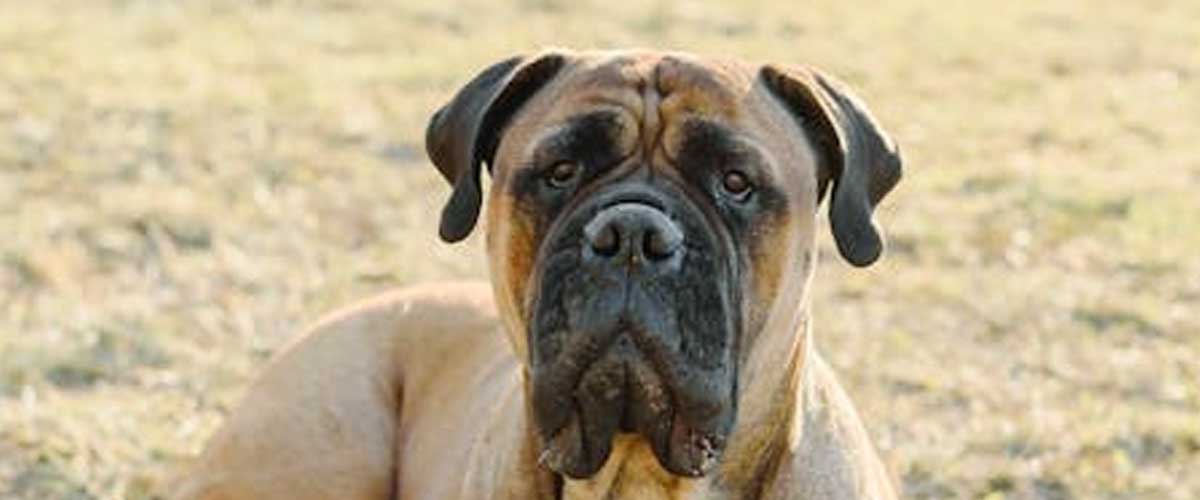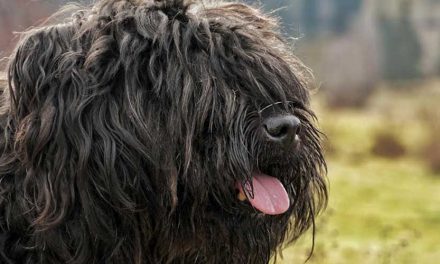The Mastiff is one of the most recognizable and revered dog breeds known for its immense size, loyalty, and protective nature.
This breed has a rich history that dates back thousands of years and has played various roles from guarding estates to serving as companions.
History and Origin
Mastiffs are believed to have originated in ancient civilizations, with their lineage tracing back to the Molosser dogs of the Mediterranean.
They were used by the Romans as war dogs and were also valued in ancient China and other cultures for their impressive size and strength.
Over time, Mastiffs have been bred in various forms, leading to several variations such as the English Mastiff, Neapolitan Mastiff, and Tibetan Mastiff, each with unique traits yet sharing a common ancestry.
Physical Characteristics
Mastiffs are known for their imposing size.
Adult males typically weigh between 160 to 230 pounds, while females range from 120 to 170 pounds.
Their broad, muscular build is complemented by a large head and short muzzle, giving them a distinctive and noble appearance.
The coat is short and dense, coming in various colors, including fawn, brindle, and apricot, often with a black mask.
Temperament
Despite their formidable appearance, Mastiffs are often described as gentle giants.
They are known for their calm demeanor and affectionate nature towards family members, including children.
This breed is particularly loyal, forming strong bonds with their human companions.
However, they can be wary of strangers, making them excellent watchdogs.
Proper socialization from a young age is essential to ensure they develop into well-rounded pets.
Exercise and Training
Mastiffs are not as high-energy as some breeds, but they still require regular exercise to maintain a healthy weight and overall well-being.
Daily walks and short play sessions are usually sufficient.
Training should be consistent and patient, utilizing positive reinforcement techniques.
Due to their size, it’s essential to establish clear boundaries and be firm yet gentle, as they can be quite sensitive.
Health Considerations
While generally healthy, Mastiffs can be prone to certain health issues, including hip and elbow dysplasia, bloat, and heart problems.
Regular veterinary check-ups and a nutritious diet are crucial for ensuring their well-being.
Life expectancy is relatively short for this breed, averaging around 6 to 12 years.
Conclusion
Mastiffs are a remarkable breed that offers a unique blend of loyalty, protection, and companionship.
Their imposing size might intimidate some, but those who take the time to understand and care for them will find that their gentle nature and loving personality make them exceptional family pets.
Owning a Mastiff is a commitment, but with the right training, socialization, and care, they can be a rewarding addition to any home.
If you’re considering adding a Mastiff to your family, be prepared to open your heart and home to one of the most loving and steadfast companions you could wish for.












